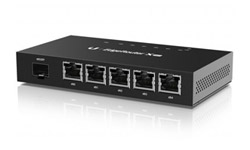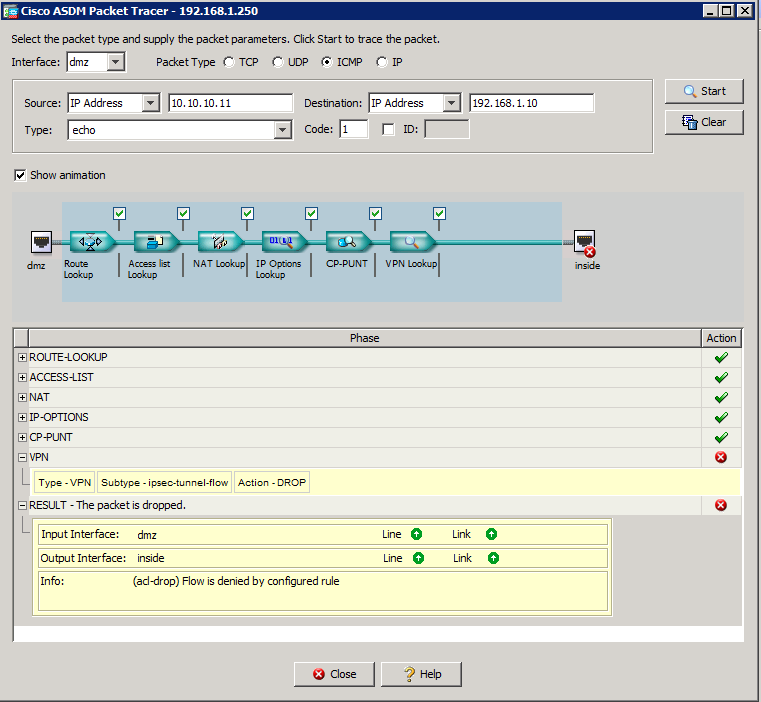

Follow the prompts when you run the commands you’ll need to enter a password for the new request.
EDGEROUTER X VPN TUNNEL NOT GOING UP HOW TO
The rest of this entry will document how to setup the server as well as the iOS client side. I’ve scoured the web and managed to find the pieces to get things working. Given that, the only obstacle to setting this up was time and some futzing to get things right. Luckily, my EdgeRouter Lite can be configured as an OpenVPN server with certificate authentication.

Unfortunately, the OS X Server’s L2TP IPSec VPN doesn’t support certificates, so I had to look to other options. The iOS on-demand VPN requires that the VPN use certificate authentication instead of just a username and password. I became curious about it and wanted to see if I could set it up more of an exercise than anything else, but also it would be useful to hop on any WiFi network and automatically connect to my home network. Recently I’ve been working with mobile device management (MDM) and one of the features that I’ve been reading about is on-demand VPN.
EDGEROUTER X VPN TUNNEL NOT GOING UP MAC OS X
I turned on Mac OS X Server’s VPN, configured my iOS devices for the VPN and I was easily able to connect. This gave me the first experience in setting up a VPN. Since I put together my own system, there wasn’t an out of the box way to view the cameras (it does have a web interface, but I didn’t want to directly expose that to the world). When I setup cameras at my house over 3 years ago, I wanted to remotely connect to the cameras. Over my career, I’ve used VPNs mostly as a user as I had no use for one as a home user. My first experience is with AppleTalk Remote Access and I thought it was neat to be able to have my home computer on the work network. Ever since I started my career, I’ve used Virtual Private Networks (VPN) to connect to a company network.


 0 kommentar(er)
0 kommentar(er)
